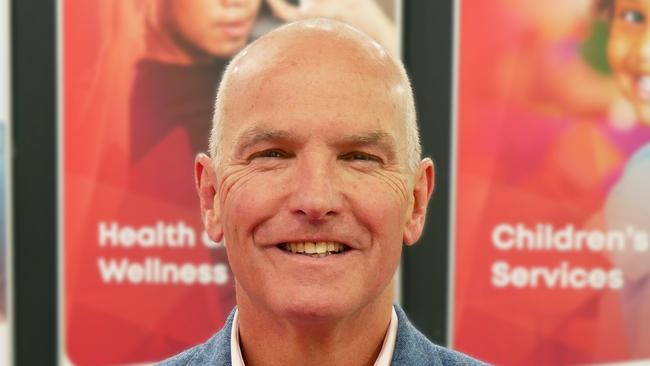Graduate teachers ‘lacking key skills’, education summit told
Australia’s leading classroom management expert says some student teachers are graduating without the skills or the knowledge to manage student conduct in the classroom.

Australia’s leading classroom management expert says some student teachers are graduating without the skills or the knowledge to manage student conduct in the classroom, arguing there needs to be a “shift in the narrative” around behaviour.
Education leaders also told the Knowledge Society’s Australian School Improvement Summit in Melbourne on Thursday that it was “too common” that students were graduating from a four-year degree not knowing how to teach children to read.
Adviser to the Australian Education Research Organisation Tim McDonald, who has coached teachers in hundreds of classrooms across Queensland, NSW, Victoria and the ACT on classroom management, told policymakers, teachers and principals: “We need to shift the dial in the narrative around behaviour in Australia. And if we’re going to do that, we need to understand that learning is the result of good management.
“So we need to focus all interventions in the classroom around increasing the opportunities … to learn,” Dr McDonald said.
“If that’s the case, we know the evidence of the science – we need to teach it explicitly. And wouldn’t it be fantastic if this was the norm across all schools in Australia.”
His method relies on teachers setting simple routines for students. He said he recently told a dean of education that “students graduating from your university don’t have the skill or the knowledge to manage a classroom so that learning happens”.
“I know going into classrooms in schools, talking to graduates, they say … we’ve never heard of this before,” he said.
Director of Catholic Education in the Archdiocese of Canberra and Goulburn Ross Fox said “it’s too common that university graduates enter the classroom not knowing how to teach children how to read, not knowing how to manage classroom behaviour or applying high impact teaching practice” such as explicit instruction or cognitive load theory.
He said there was a “dire need” for universities to “train our teachers how we need”.
Deputy secretary of schools at the Department of Education in Victoria David Howes, in a separate panel discussion, said there needed to be evidence-based support for social cohesion, not just core subjects such as literacy.
“I think we need to recognise schools are dealing with some different challenges and greater community expectations than was the case five, 10, 20 years ago.” He said students needed to learn how to manage the “complexity of interactions” with peers and community.




To join the conversation, please log in. Don't have an account? Register
Join the conversation, you are commenting as Logout